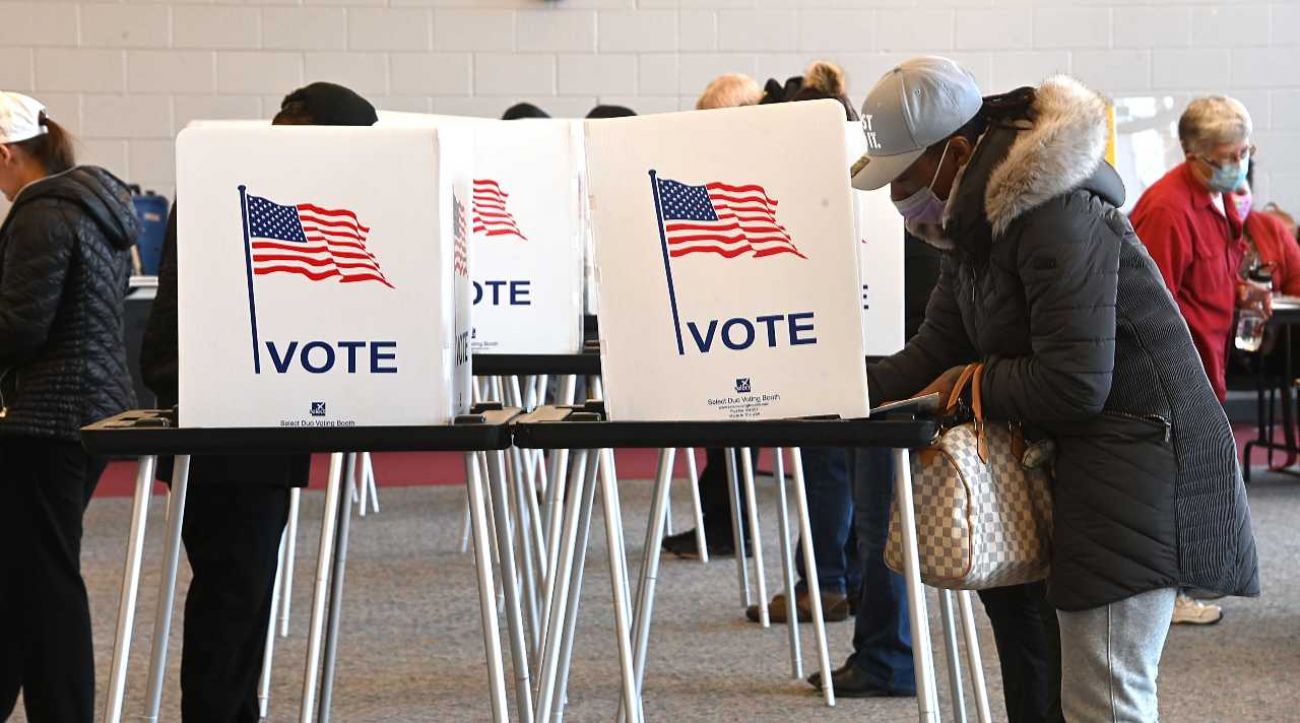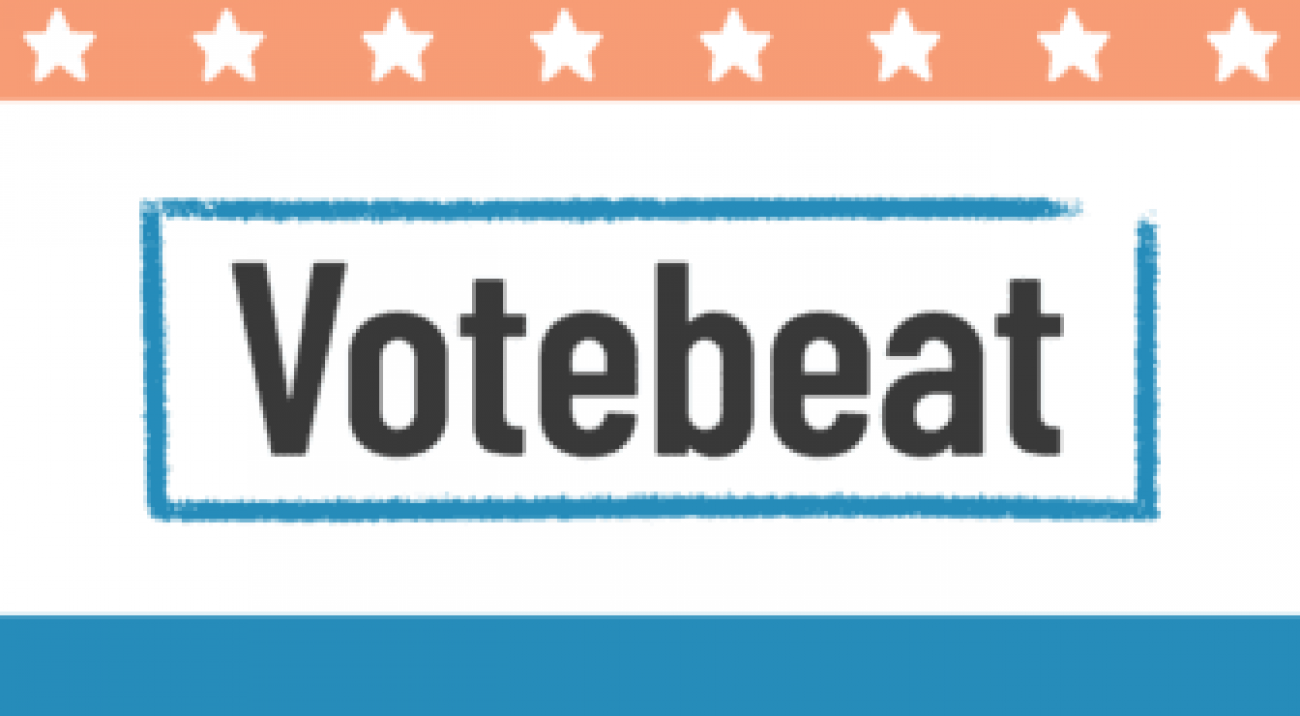Michigan officials warn of ‘despicable’ robocalls in Flint to confuse voters

Maurice Walker of Flint says he received a call from a strange number Monday that told him to go out and vote on Wednesday, a day after Election Day.
“I could tell it was a prank call,” he told Bridge Michigan on Tuesday after casting his ballot. “I knew not to listen to it.”
Walker is not the only Flint resident to receive such a call. On Tuesday morning, Michigan Attorney General Dana Nessel warned Twitter followers that robocallers are reportedly disseminating false information to Flint residents to keep them from the polls Tuesday.

It’s unclear how many people received the calls or who sent them, said Jake Rollow, a spokesperson for Secretary of State Jocelyn Benson. The calls were targeted at Flint and intended to confuse voters, said John Gleason, the clerk in Genesee County, which includes Flint.
“It’s obviously an intentional suppression of minority voting rights,” Gleason said. “They picked a predominantly African-American community knowing that [Democratic nominee Joe Biden is] trying to turn out the vote there.”
Robocalls and other attempts to mislead voters or keep them from the polls have gained notoriety in Michigan this election season. In October, Nessel filed felony charges against Republican operatives Jack Burkman and Jacob Wohl in connection with robocalls aimed at discouraging voters in Detroit and other areas with large African-American populations.
Last week, a federal judge ordered Burkman and Wohl to make “curative” robocalls to anyone who received the earlier robocall.
Walker, who received a call, said he doubts it will be “successful. People are reading the news and staying informed.”
Flint Mayor Sheldon Neeley issued a statement condemning the calls and saying “things seem to be running quickly and smoothly now.”
The incident was one of only a few reported statewide as of 5 p.m. during an Election Day that Nessel characterized to reporters as “blissfully uneventful.”
Despite controversy over Benson’s attempt to ban open carrying of guns at polling places (which a judge later struck down), Nessel said there were no reports of any disturbances.
Likewise, Flint’s election proceeded smoothly despite snafus during the August primary that prevented some polling places from opening on time because of worker shortages.
Michigan coronavirus unemployment, map, curve, COVID-19 updates Dashboard: Michigan coronavirus testing numbers, trends, COVID-19 data
At 6:15 a.m. Tuesday, dozens of voters lined up in the parking lot of Mott Community College’s event center in Flint in 33-degree weather until their polling place opened at 7 a.m. Polls are open until 8 p.m.

Brian McGhee, the 20th person in line, said he and other Flint residents are more motivated than ever to participate in the electoral process this year.
“I wanted to make sure my vote was counted,” he said. “I’m ready for a change.”
Saunders Gilbert, a precinct vice chairperson at Berston Field House, a polling place for precincts 13, 15 and 17 in Flint, says in the 10 years he’s worked elections, this is the most voters he’s seen.
“I think this year is going to be the biggest turnout yet,” he said.
During the August primary, by noon, Gleason said he had received several calls from voters expressing concerns about polling place closures and malfunctioning machines.
But through midday, he hasn’t received a single call.
“So far, it’s going well,” he said.
Misinformation can be reported to the state at misinformation@michigan.gov.
This article is made possible through Votebeat, a nonpartisan reporting project covering local election integrity and voting access. This article is available for reprint under the terms of Votebeat’s republishing policy.
See what new members are saying about why they donated to Bridge Michigan:
- “In order for this information to be accurate and unbiased it must be underwritten by its readers, not by special interests.” - Larry S.
- “Not many other media sources report on the topics Bridge does.” - Susan B.
- “Your journalism is outstanding and rare these days.” - Mark S.
If you want to ensure the future of nonpartisan, nonprofit Michigan journalism, please become a member today. You, too, will be asked why you donated and maybe we'll feature your quote next time!




